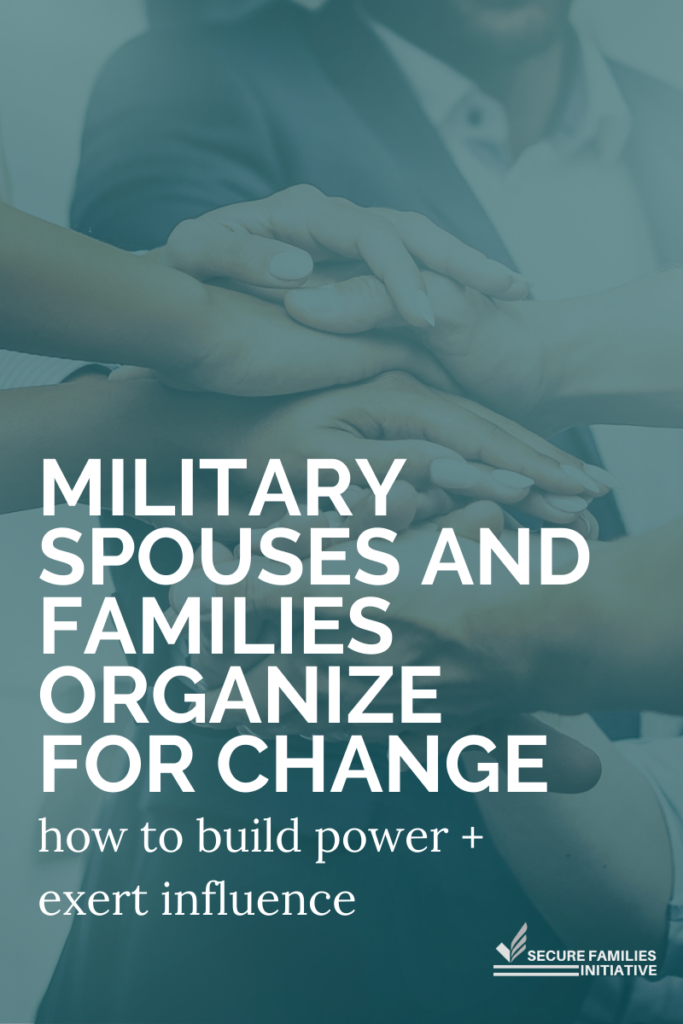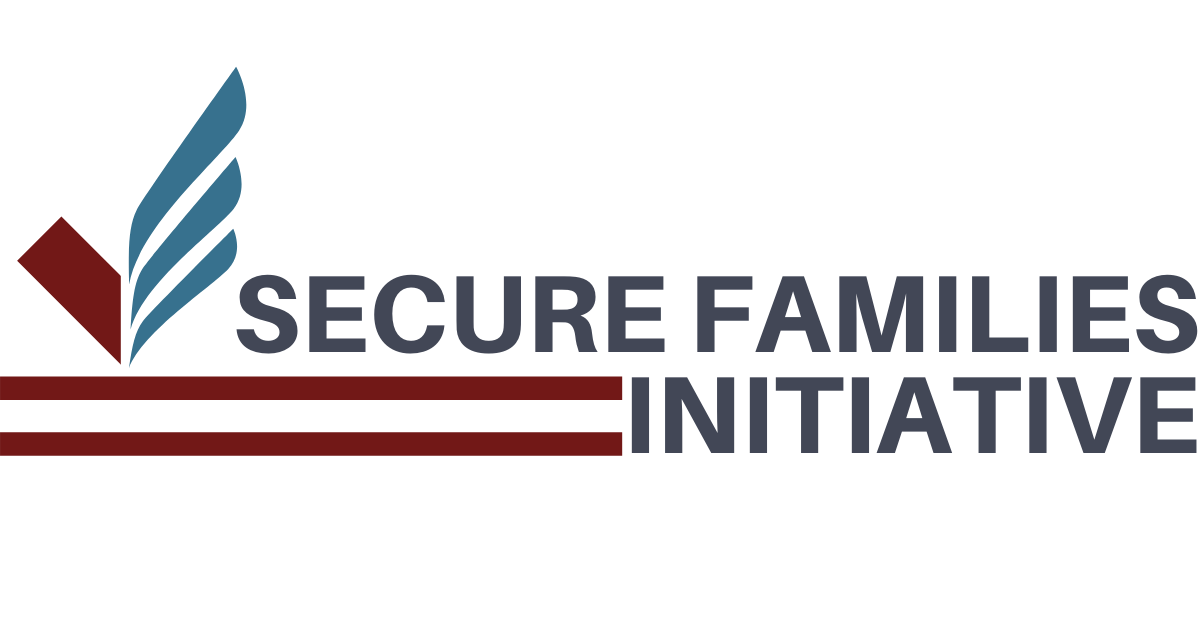We kicked off 2021 with a training on the theory and strategy behind eeeeeeverything we do here at SFI. I know, pretty legit. Because this stuff is so integral to our work, we thought we’d share the highlights here.
What is “organizing?”
Organizing is the building and exercising of power in order to shape policies and politics.
Now, before you start imaging a Bond villains drumming him fingers, let’s clarify: power is a value-neutral term. It connotes neither righteousness nor maliciousness — power is merely the ability to achieve a purpose. Without power, change cannot happen.
Power typically comes in two forms: Money and People. While every cause ultimately needs both, at SFI we focus on organizing People Power.
How do you get people power? Here’s a nifty little formula:
We use what we HAVE to get what we NEED to achieve what we WANT
Clear as mud? Let’s work backwards through that formula…
We start by identifying the kind of world we WANT to live in.
Here are our goals at SFI:
- A safer, more secure, more sustainable, and more equitable world.
- A strong U.S. national security apparatus.
- A seat at the decision-making table for military families.
Next, we identify the changes that NEED to happen to make that future possible.
These are the issue areas that we’ve identified as most important for SFI to focus on:
- Reform existing Authorizations to Use Military Force (AUMFs)
- Reduce domestic militarization
- Invest in diplomacy and development arms of foreign policy
- Advance accessible voting for veterans and military families
Then we take stock of what we HAVE as a community:
This is FAR from an exhaustive list! But some examples include:
- Powerful Personal Stories
- Strong Social and Political Credibility
- Expansive Digital Networks
- Wide Geographic Footprint
- Diverse Experiences and Perspectives
- Hella Skills!
Finally, we put it all together through action.
Sometimes you’ll see us urge supporters to call their Member of Congress or sign a petition. These are examples of direct communication to decisionmakers. Other times, we encourage supporters to write their story in a letter to the local editor. That’s an example of indirect communication to the voters and the media who both influence the decisionmakers. Different contexts call for different tactics.
What doesn’t change, though, is that every action we take builds power to influence change. ‘Cuz life is too short to clutter with empty activity.
Watch the How to Organize Training


